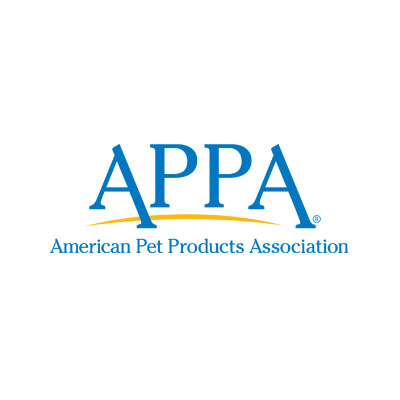HABRI Awards Grant to Florida Atlantic University
Washington, D.C. (April 24, 2024) — The Human Animal Bond Research Institute (HABRI) today announced a new grant for research that investigates the contribution of pet dog ownership to resilience and well-being in adolescent children of military families. This grant was awarded to a team of researchers at Florida Atlantic University Christine E. Lynn College of Nursing’s Canines Providing Assistance to Wounded Warriors (C-P.A.W.W.) led by Laurie Martinez, Ph.D., MBA, MSN, RN, AHN-BC and co- led by Cheryl A. Krause-Parello PhD, RN, FAAN.
This important study will provide insight into how pet dogs support well-being and resilience in adolescents while a parent or guardian is in the National Guard, Reserve, is a veteran, or on active duty. Adolescents in military families face ubiquitous teen stressors and unique military challenges (e.g., parental deployment, frequent relocations). Dog ownership is suggested as a contextual resource of strength to counter the effects of adolescent military-specific stressors and promote positive outcomes.
“With approximately 66% of households in the U.S. owning a pet, family military pet dogs are an understudied innovative resource that may mitigate military-connected adolescent stress and nurture resilience and well-being,” explained Dr. Martinez, Principal Investigator of the study. “Exploring how pet dogs can serve as conduits to better mental health outcomes opens new pathways for daily health promotion.”
This longitudinal, observational pilot study will conduct scientifically-validated surveys to investigate the role of pet dogs in the lives of military adolescents between the ages of 12 to 18. Researchers expect to find higher levels of resilience, improved well-being, reduced depression, and lower perceived stress in dog-owning adolescents compared to military adolescents who do not own a pet dog.
“We hope that this research will inform policies and programs aimed at improving health for children in military families,” said Steven Feldman, President, HABRI.
Contact
Logan Trautman
logan@inspireprgroup.com
412.915.4038
###





